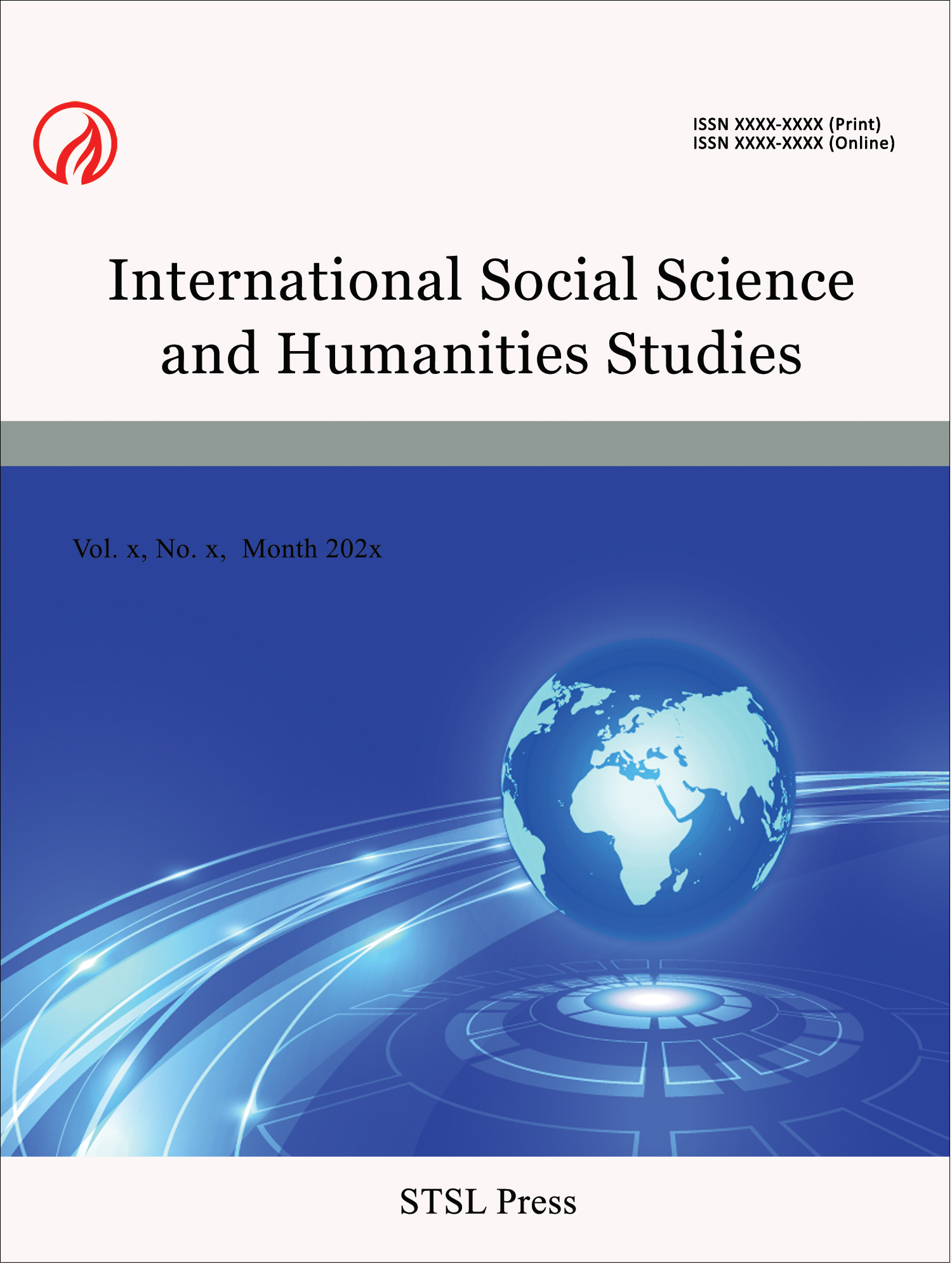Communication Freedom and Film Regulation in the Digital Era
Yusuf-Audu Nurat Tosin
Abstract
Communication freedom and film regulation in the digital era is fundamental in any journalistic engagement. Within this context, this study investigates communication freedom and film regulation in the digital era in Nigeria. A population of 300 respondents was considered while the theoretical postulation of Social Media Research Theory and Two-Step Flow Theory serve as framework in the study. The convergence of these theories helped in understanding the role of media regulators in coming out with the template that will help strike a balance between communication freedom and regulation in the digital space. The study was premised on the prevailing discourse that communication freedom and film in the digital age is a herculean task. The study was explicated using the following objective: the need for information and communication policy document that regulate information and film in Nigeria; and the various ways of regulating online news sources and blogs so that viewers can have valuable content which can benefit the audience. The study adopted cross-sectional design of survey in collecting the data. The findings of the study revealed that there are infractions of fake news, misinformation, disinformation, malinformation, propaganda among other harmful contents in the digital media. The study found that there are teething problems such as lack of a workable regulatory policy as well as the uncollaborative efforts of relevant stakeholders in providing a single document that will help the communication and film sectors strike a balance between regulation and press freedom. The study concludes that fake news, misinformation, disinformation, and propaganda are some of the infractions of the digital space. There are snags associated with online news sources and content of film consumption with regards to regulation and press freedom. The study recommends that there is a need for information and communication policy document that can regulate information and film in Nigeria.
Paper:
pdf
DOI:
 This work is licensed under a
Creative Commons Attribution 4.0 License.
This work is licensed under a
Creative Commons Attribution 4.0 License.
Contact us
- Peter Wilson
- isshs@stslpress.org
